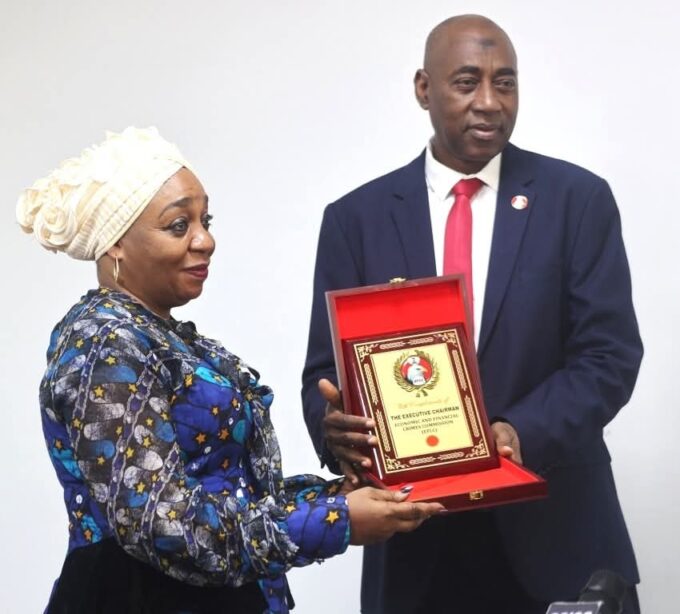South Africa’s tourism and hospitality sector is facing an imminent sustainability crisis as insurance companies are rejecting claims related to the COVID-19 pandemic, for which many policyholders believe they are covered under their business interruption (BI) extension, said specialist consulting firm Insurance Claims Africa (ICA).
ICA, which has over 400 claimants in this sector against a number of insurers, is currently in discussions with leading insurance companies, in an attempt to reach a settlement for these businesses that face imminent closure. If these discussions are unsuccessful, it will turn to the courts.
The firm is also engaging with the Financial Services Conduct Authority (FCSA), the market conduct regulator for the financial services industry. It hopes that the FSCA will act in the interests of the policyholders who desperately need the policy payouts due to them to support their staff and meet fixed costs.
The tourism and hospitality sector, which employs hundreds of thousands of people directly and contributes billions of rand to the South African economy, has been suffering tremendous losses since the nationwide-wide lockdown in March. Exacerbating the crisis is the government’s current position that the sector will only fully open in February 2021.
As losses deepened, many of these businesses turned to their insurers, to trigger their BI policies; but claiming is not simple according to ICA. “COVID-19 qualifies as a declared notifiable disease, but local insurance companies are frustrating legitimate claims by businesses. Insurers claim that government regulations in respect of the lockdown are the cause of the loss, not COVID-19. This, however, doesn’t make any sense as the insurers chose to insure a notifiable disease which would have contemplated government intervention and restrictions/quarantine. It is clear that without COVID-19, there would be no lockdown.”
ICA believes that insurers are, in effect, penalising customers for their own poor underwriting skills, acting in poor faith and are in breach of the ethical codes and standards that guide the insurance industry, especially where it concerns treating customers fairly regulations.
ICA CEO Ryan Woolley said, “It’s unconscionable that businesses in one of the most vulnerable sectors are being put through such a traumatic and debilitating experience. Internationally, several global insurance companies are settling their customers’ BI insurance claims on a compromise basis. Locally, we are working on a similar strategy with insurance companies whom we urge to work with us to find a mutually beneficial way forward.”
He said that while local insurance companies are resisting claims because of the negative impact it will have on their profits, insurance company’s financial statements show that they do have the means to settle these claims on a compromise basis without assistance from reinsurers.
“We urge insurers to enter discussions on the understanding that their actions could determine the future sustainability of much of the tourism sector in South Africa. The pandemic requires an ethical response from all partners, including insurers,” said Mr Woolley.
Source: Middle East Insurance Review














